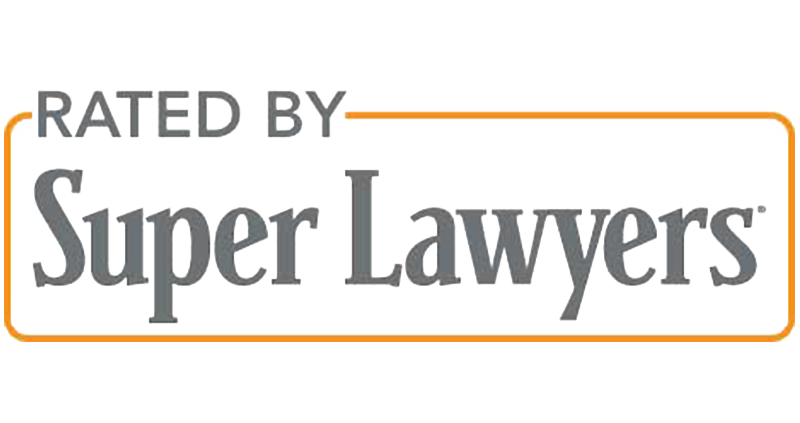Health Insurance – Do I Have to Repay my Carrier if my Case is Successful?
Jan. 15, 2009
By Bob Coleman
Coleman, Chambers & Rogers, LLP
Bob,
I was hit by another driver and my attorney was able to settle for all of the $25,000 liability policy the driver carried on his car insurance. But this barely covered my medical bills for some minor surgery. Now my health insurance has notified me that, since I recovered money from the person responsible, they want that money to repay my medical bills. How is that fair, and do I have to pay it?
Is it fair? The answer to that question is easy. Absolutely not! You paid your medical and car insurance carriers thousands of dollars in premiums over the years. Now you’re injured, it’s not your fault, and you need them to cover your medical expenses. So they place money for your treatment in one hand, and then use the other hand to demand it back. You’re the one who’s had to retain and attorney and possibly go to court to make sure the person who hit you pays for their damage. Now they want to reap the benefit of your settlement. Hard to see how that’s fair.
But the reality is the law often allows health insurance providers to seek repayment under these circumstances. In the vocabulary of legalese, this is known as “subrogation.” The insurance company is subrogating your rights by “stepping into your shoes” to recover its costs from the person who harmed you. The key for your attorney is to determine when subrogation and reimbursement claims are bogus, and to aggressively negotiate the legitimate claims to keep more money in your wallet.
So who do I have to pay, and how much?
Well that depends on several factors — the extent of your injuries; the type of insurance you have, the treatment you received; and the amount and type of compensation you were awarded at trial or could receive through settlement.
The Georgia legislature has enacted several laws over the years to protect citizens from what it sees as unfair medical and health insurance reimbursement practices. However, these laws do not apply to health insurance that is federally regulated, which includes most types of employer-based plans. Employer-based health plans are more often regulated by an entirely different set of federal rules found in the Employee Retirement Income Security Act (ERISA). Plans governed by ERISA are usually exempt from state law. (For an explanation of ERISA, click here)
An example of this is a Georgia law that prevents health insurance providers from seeking reimbursement if you, the injured, have not been fully compensated for your injuries. This is known as the “made-whole doctrine.” So if the $25,000 paid by the driver who hit you was not enough to fully compensate you for your injuries, then your attorney can argue you were not made whole. If that’s the case, state law says that health insurance carrier can not seek repayment for a single penny of your recovery.
However, if you have an employee-based plan, it’s more likely governed by ERISA. In that case, Georgia law probably does not apply, and your health insurance plan has a stronger case for demanding reimbursement.
Different reimbursement and subrogation rules can also apply to coverages like Medicare/Medicaid, Federal Employees Health Benefits ACT (FEHBA), and worker’s compensation.
An important job for your attorney is to identify the type of health insurance coverage you receive to know the potential subrogation and reimbursement rights to your recovery. That way he can negotiate with them effectively, hopefully lowering the amounts that have to be repaid. This often results in thousands of dollars from your jury award or settlement staying in your pocket. Understand that in serious cases, where injuries are catastrophic and require lengthy and expensive treatments, this can often be the difference between keeping or losing tens of thousands of dollars.
But if it’s my health insurance seeking repayment, why do I need an attorney to negotiate this?
Well, for one, the insurance company has no incentive for you not to pay them back. It’s important to have your own representation to negotiate with the health insurance plans to find ways to reduce their demands for reimbursement, or defeat them altogether. Sometimes, these demands can be negotiated down to a fraction of what the insurer initially requested – resulting in thousands of dollars staying in your pocket.
For example, an attorney paying close attention to your treatment records may discover the insurer is seeking repayment for tests or treatments that were not directly related to your injuries in this accident. If that’s the case, you should not be required to reimburse that expense out of your recovery. If you were awarded any “future damages” (money for injuries that will require treatment for months or years in the future), you should also be exempt from having to repay those damages.
An attorney who knows your rights when facing insurance reimbursement and subrogation claims can often save you from watching thousands of dollars from your recovery slip out of your hands and into the hands a health insurance company. Contact our Gainesville law firm today for help.
















